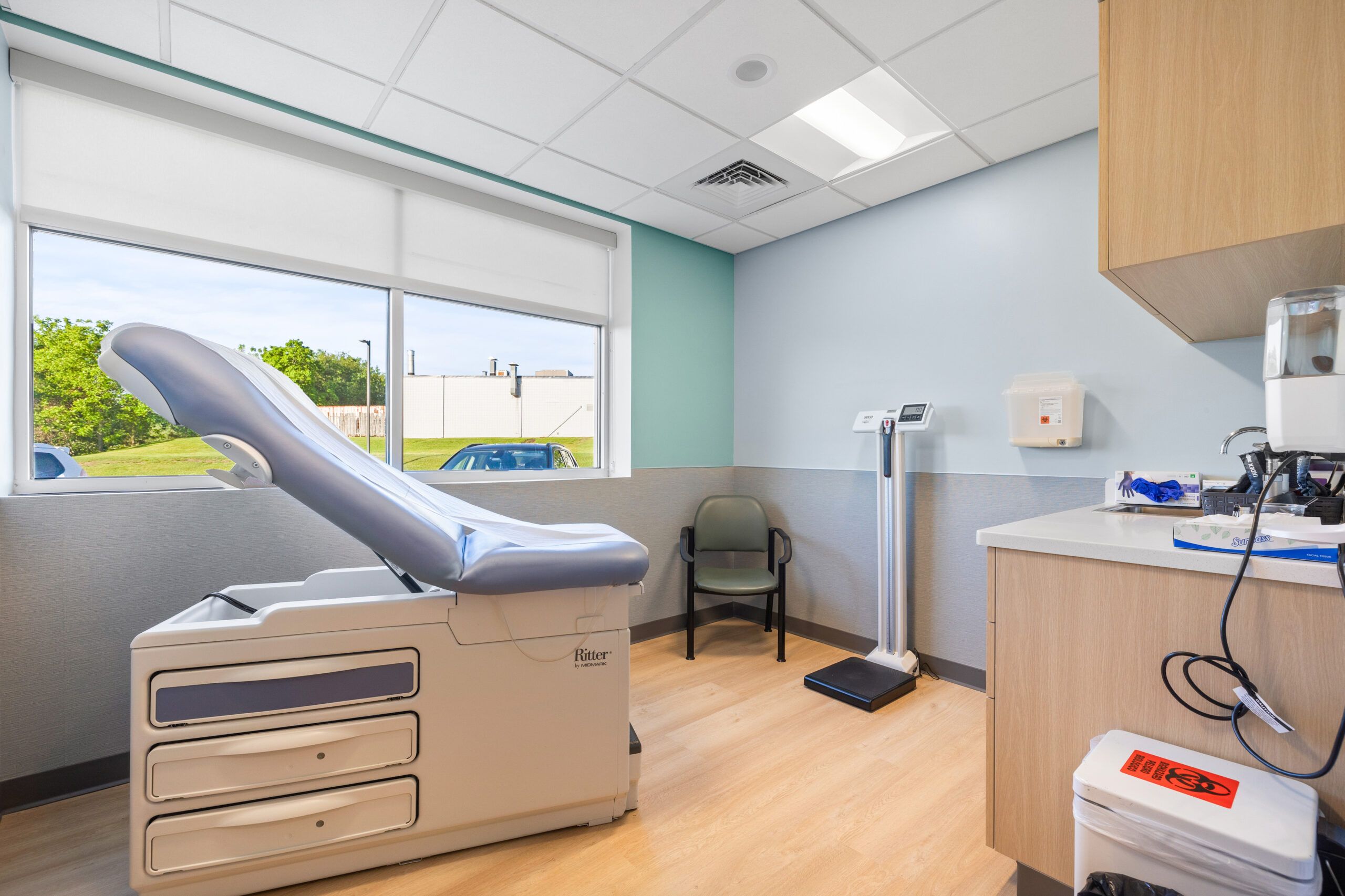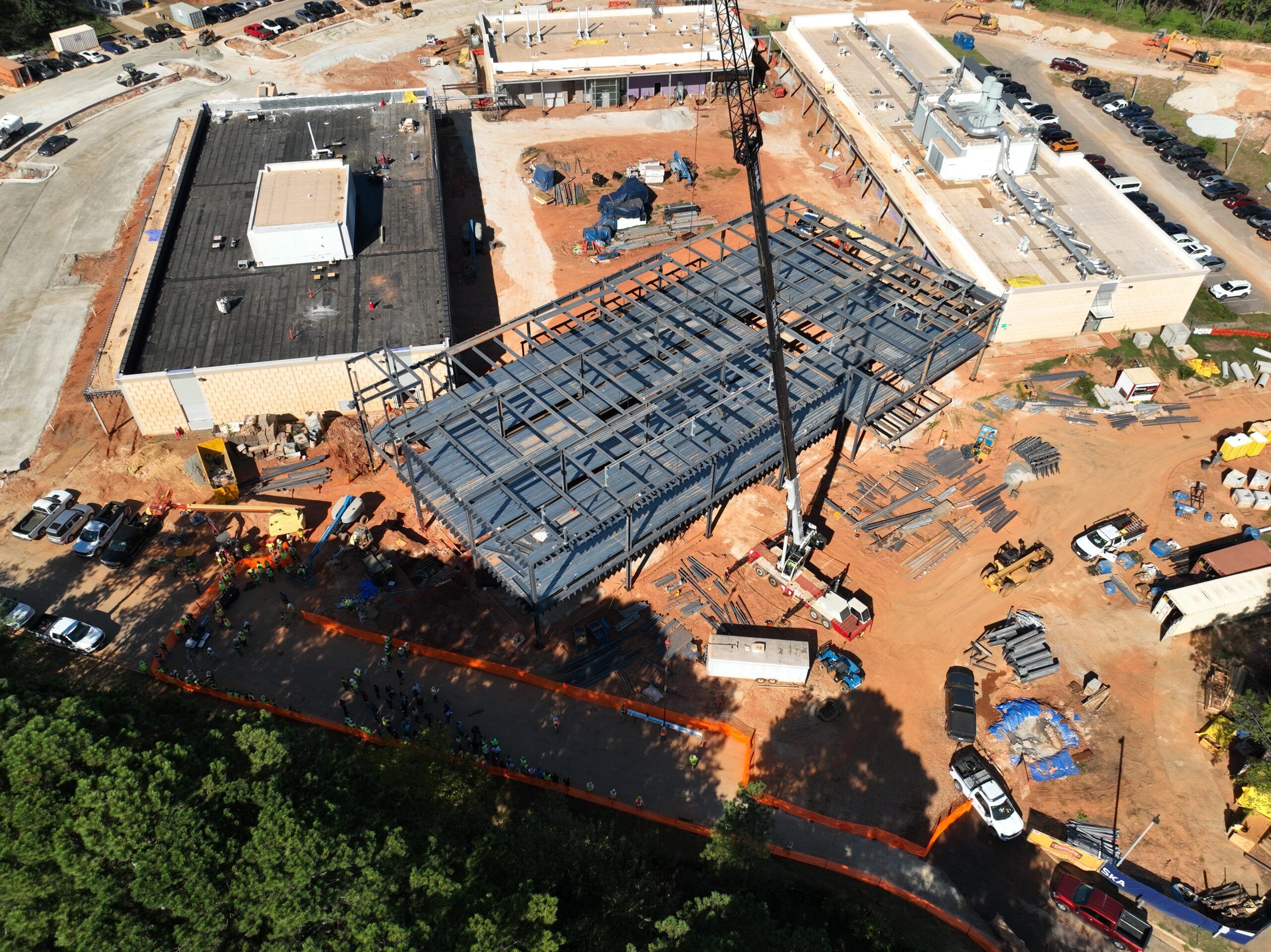Window wells represent one of the most critical yet overlooked elements in commercial construction projects. These below-grade installations serve multiple functions including emergency egress, natural lighting, and moisture management, while requiring specialized expertise that goes far beyond general excavation work.
For commercial contractors and property developers, selecting the right window well specialist can mean the difference between a seamless installation and costly remediation work down the road.
Understanding Window Well Complexity
Window well construction involves far more technical complexity than many construction professionals realize.
According to the International Building Code, commercial window wells must meet specific dimensional requirements, drainage specifications, and safety standards that vary significantly from residential applications. The interplay between structural engineering, waterproofing, and building envelope performance requires contractors who understand these interconnected systems.
Commercial window wells typically handle higher structural loads, more complex drainage scenarios, and stricter safety requirements than residential counterparts. They must integrate seamlessly with foundation waterproofing systems, accommodate larger window assemblies, and often include sophisticated drainage and lighting systems. This complexity demands contractors with proven expertise in commercial-grade installations.
Essential Qualifications and Certifications
When evaluating window well contractors for commercial projects, specific qualifications separate competent specialists from general excavation contractors attempting to expand their services. Look for contractors holding relevant certifications from organizations like the National Association of Waterproofing and Structural Repair Contractors (NAWSRC) or specialized training in below-grade construction techniques.
Professional licensing requirements vary by jurisdiction, but legitimate window well contractors should maintain current general contractor licenses, specialized excavation permits, and workers’ compensation coverage. Many commercial projects also require bonding capabilities that smaller residential contractors cannot provide. Request verification of these credentials and confirm their validity with issuing authorities.
Experience with commercial building codes represents another crucial qualification. Commercial window well installations must comply with Americans with Disabilities Act (ADA) requirements, fire safety codes, and structural engineering specifications that don’t apply to residential work. Contractors should demonstrate familiarity with these regulations and provide examples of compliant installations.
Technical Expertise Requirements
Window well contractors must possess specialized knowledge in several technical areas that general contractors often lack. Soil mechanics and excavation stability become critical when working around existing foundations, particularly in commercial buildings where adjacent structural elements cannot be disturbed. Contractors should understand soil classification, proper shoring techniques, and excavation safety protocols specific to below-grade work.
Waterproofing expertise represents perhaps the most critical technical requirement. Window wells create potential water infiltration points that can compromise entire building envelopes if improperly sealed. Qualified contractors understand the relationship between foundation waterproofing, drainage systems, and window well construction. They should be able to specify appropriate membrane systems, drainage materials, and integration details that prevent moisture problems.
Structural integration knowledge is equally important. Window wells must transfer loads properly while maintaining foundation integrity. This requires understanding of reinforcement requirements, proper connection details, and how window well construction affects overall structural performance. Contractors should work closely with structural engineers and understand load paths and connection requirements.
Project Portfolio Evaluation
A contractor’s project portfolio provides the most reliable indicator of their capabilities and experience level. When reviewing portfolios, focus on projects similar in scale and complexity to your planned installation. Commercial window well projects vary dramatically, from small office buildings to large institutional facilities, and experience with comparable projects indicates relevant expertise.
Pay particular attention to challenging installations that require custom solutions or problem-solving capabilities. Window well construction often encounters unexpected conditions like high groundwater, poor soil conditions, or conflicts with existing utilities. Contractors who have successfully navigated these challenges demonstrate the adaptability and expertise essential for commercial work.
Look for documentation of long-term performance in contractor portfolios. Window wells that develop leaks or structural problems typically manifest issues within the first few years after installation. Contractors who can provide references from projects completed several years ago and demonstrate ongoing performance success indicate superior installation quality.
Quality Control and Testing Procedures
Professional window well contractors implement systematic quality control procedures that ensure consistent installation quality across multiple projects. These procedures should include pre-installation site surveys, material verification protocols, and post-installation testing procedures. Request detailed information about the contractor’s quality control processes and how they document compliance with project specifications.
Water testing represents a critical quality control element that separates professional contractors from less experienced operators. Proper window well installations should undergo flood testing or other water infiltration tests before project completion. This testing identifies potential problems while they can still be corrected economically, rather than after building occupancy when remediation becomes far more expensive.
Regional Considerations and Local Expertise
Window well construction requirements vary significantly based on local climate conditions, soil types, and building code interpretations. Contractors with extensive local experience understand these regional factors and how they affect installation requirements. They maintain relationships with local building officials, understand permit processes, and know which materials and techniques perform best in local conditions.
Climate considerations particularly affect window well design and construction. Areas with freeze-thaw cycles require different drainage solutions than regions with high rainfall or expansive soils. Local contractors understand these requirements and can specify appropriate solutions without costly over-engineering or inadequate protection.
When seeking specialized expertise, particularly in markets like Colorado where soil conditions and climate present unique challenges, finding the best window well contractor in Fort Collins requires evaluating local experience alongside technical qualifications. Regional expertise often proves more valuable than impressive portfolios from different climate zones or soil conditions.
Cost Structure and Value Engineering
Professional window well contractors provide detailed cost breakdowns that allow for meaningful project evaluation and value engineering opportunities. These breakdowns should separate material costs, labor costs, and any specialized equipment requirements. Transparent pricing structures indicate professional business practices and allow for informed decision-making.
Value engineering opportunities in window well construction often focus on drainage system optimization, material selection, and installation sequencing. Experienced contractors can identify cost-saving opportunities without compromising performance or longevity. They understand which specifications provide essential performance benefits and which represent over-engineering that can be eliminated without affecting project success.
Making the Final Selection
Successful window well contractor selection requires balancing technical qualifications, project experience, and cost considerations while prioritizing long-term performance over initial cost savings. The specialized nature of this work means that contractor expertise directly correlates with installation quality and long-term performance.
Remember that window well failures can compromise entire building envelopes and create expensive remediation requirements. Investing in qualified contractors with proven commercial experience provides insurance against these costly problems while ensuring installations that perform reliably for decades.
















